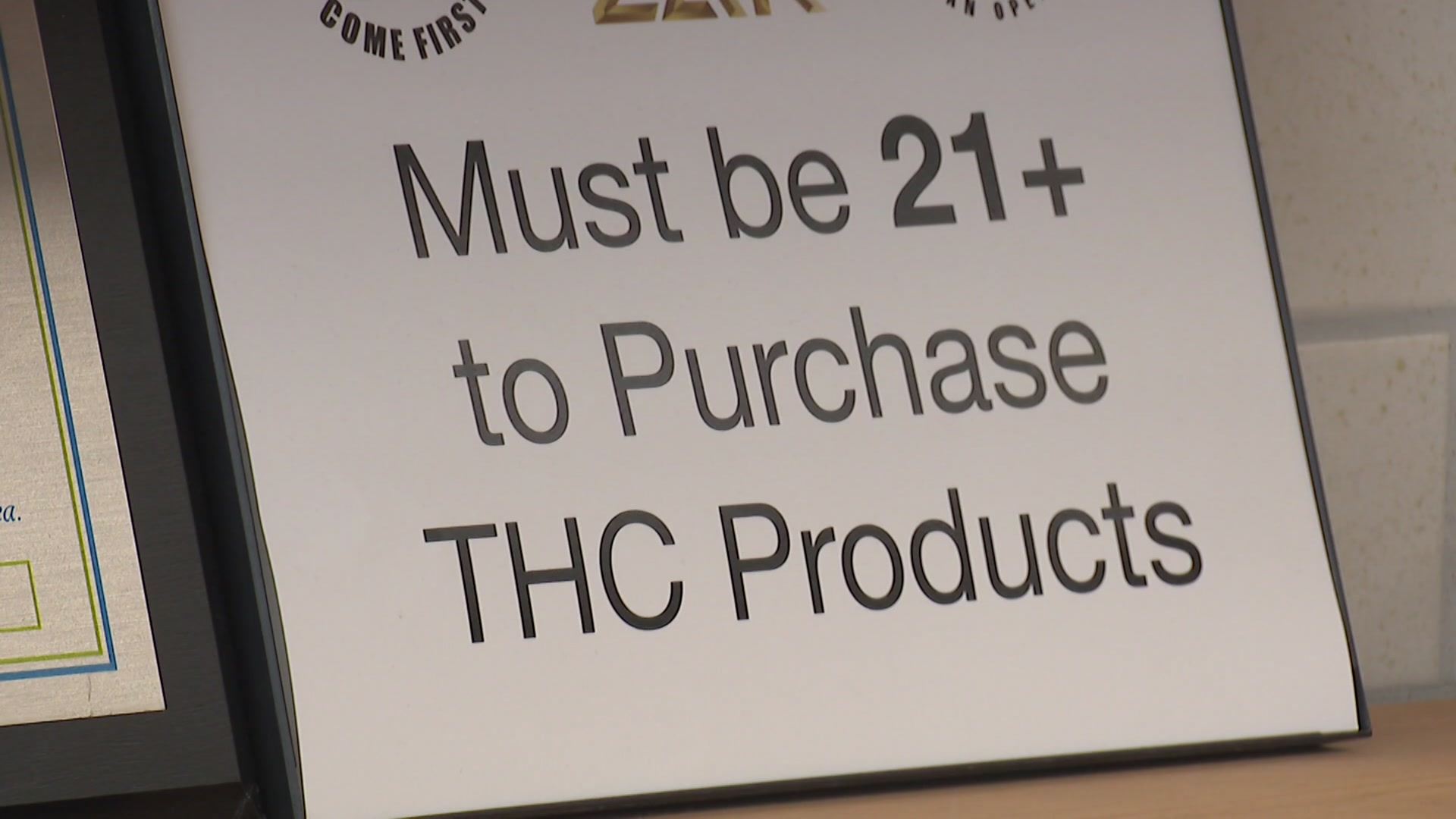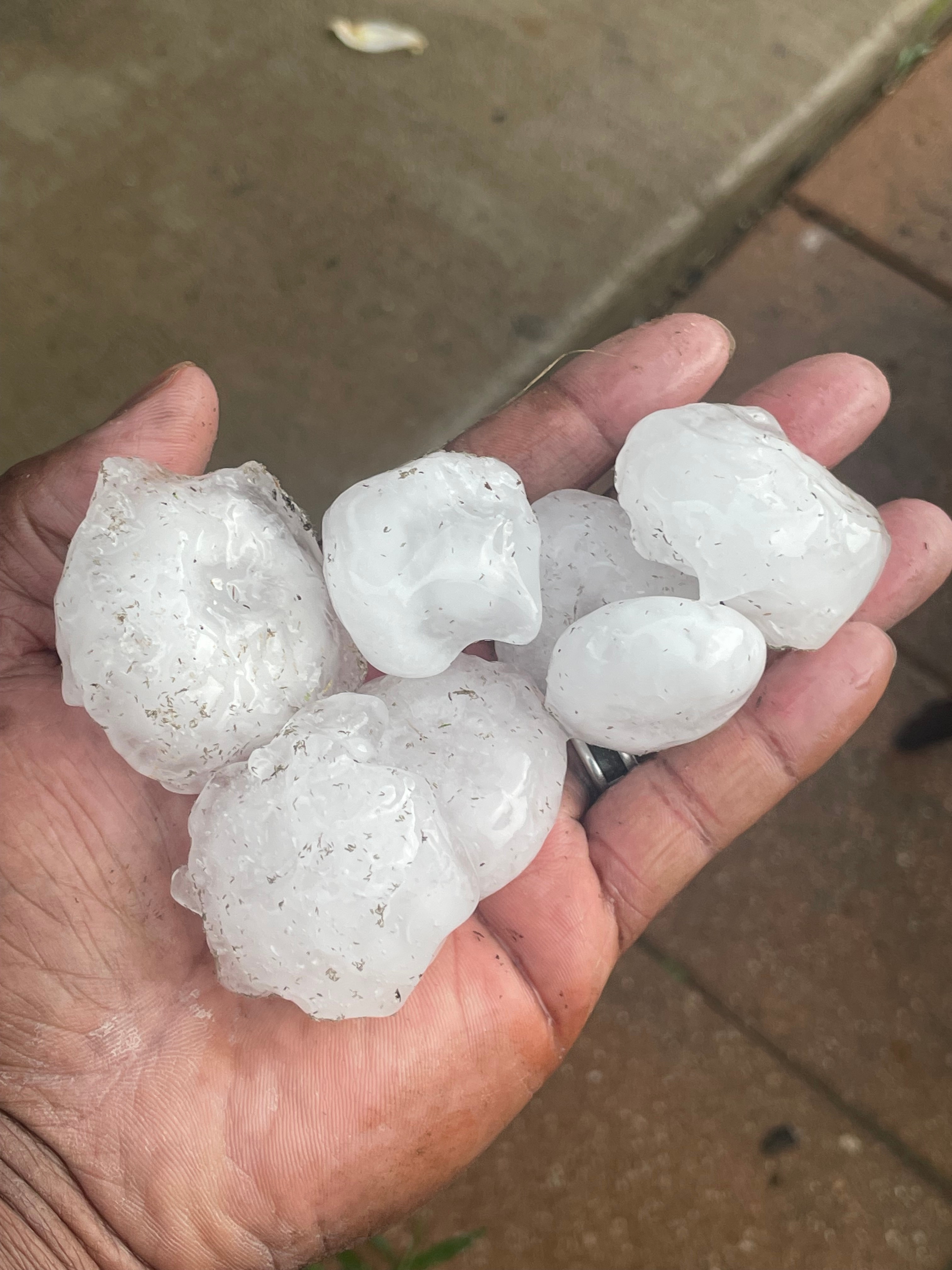It may now be several months before Blue Bell ice cream is back on store shelves, the company says, after a government investigation reveals listeria bacteria was found in its Oklahoma manufacturing plant as far back as March 2013.
It may now be several months before Blue Bell ice cream is back on store shelves, the company says, after a government investigation reveals listeria bacteria was found in its Oklahoma manufacturing plant as far back as March 2013.
The company then continued to ship ice cream produced in that plant after what the Food and Drug Administration says was inadequate cleaning.
Three listeria deaths in Kansas are now linked to the ice cream. The company recalled all of its products last month, following several smaller recalls.
The FDA released its investigations into Blue Bell's plants in Oklahoma, Texas and Alabama after a Freedom of Information request by The Associated Press.
The creamery's production plants in Brenham, Texas, Broken Arrow, Oklahoma and Sylacauga, Alabama, are closed and no ice cream is being produced at this time.
The most extensive violations were found in Oklahoma, where the FDA released 16 separate positive tests for listeria on equipment and in ice cream from March 2013 through January 2015.
Violations in the Oklahoma plant include dirty equipment, inadequate food storage, food being held at improper temperatures and employees not washing hands adequately.
In Alabama, FDA investigators observed at least two employees working with the food wearing soiled clothing.
In Texas, investigators saw condensation dripping directly into food and onto surfaces that came directly in contact with food. In all of the plants, the FDA found dirty equipment and infrastructure that made cleaning difficult.
In a statement from Blue Bell spokesman Joe Robertson regarding the FDA reports:
Local
The latest news from around North Texas.
“Several swab tests did show the presence of listeria on non-food surfaces in Blue Bell’s Broken Arrow plant in 2013. As is standard procedure for any such positive results, the company would immediately clean the surfaces and swab until the tests were negative. We thought our cleaning process took care of any problems, but in hindsight, it was not adequate, which is why we are currently conducting such a comprehensive re-evaluation of all our operations.”
All plants are, or will be doing, the following:
- Evaluating and making facility repairs, including replacing floors, floor tiles and ceiling tiles, as needed.
- Conducting thorough cleaning and sanitizing, including disassembling and steam cleaning all equipment, and inspecting and sanitizing all HVAC systems.
- Working with a team of independent microbiologists to review and revise all cleaning and sanitization procedures, and installing new control systems to provide higher hot water temperatures for cleaning and sanitizing.
- Eliminating possible contamination pathways, including redesigning work spaces to re-route traffic in production areas, placing barriers between work areas, installing additional foot washers at doors into production areas, and discontinuing use of outside materials such as wood pallets in sanitary areas.
- Establishing revised protocols and quality assurance requirements for environmental and product sample testing, including a more rigorous monitoring program for Listeria.
- Destroying existing cardboard containers, boxes and product wrappers that could potentially provide a pathway for contamination. Plants will discontinue the reuse of cardboard shipping sleeves.
- Continuing employee training in microbiology and detailed cleaning and sanitization methods and systems.
Estimated Timeline
The extensive and detailed process of updating, cleaning and sanitizing our four production facilities, as well as training employees and implementing new programs and procedures, will take longer than initially anticipated.
Each facility will have its own timetable and production may resume in some locations before others.
“Unfortunately, we do not yet have a firm timeline for when Blue Bell ice cream will be back in stores, but we believe at this time that it will be several months at a minimum,” said Blue Bell CEO and President Paul Kruse. “We are evaluating all of our operations in light of this extended timeline, we are working closely with the appropriate federal and state regulatory agencies and our microbiology experts, and we are mapping out the many details of returning to production and distribution as soon as we can do so with confidence."
Listeria Information
Listeria generally only affects the elderly, people with compromised immune systems, pregnant women and their newborn infants. It can cause fever, muscle aches and gastrointestinal symptoms. The worst cases are fatal. It can cause miscarriage, stillbirth, premature labor and serious illness or death in newborn babies.
The bacteria are found in soil and water that can be tracked into a facility or carried by animals.
Listeria can be very difficult to get rid of once it contaminates a processing facility, partly because it grows well in refrigeration. It is commonly found in processed meats, unpasteurized cheeses and unpasteurized milk, and it is sometimes found in other foods as well -- listeria in cantaloupes was linked to 30 deaths in a 2011 outbreak.
Blue Bell Contact Information
Consumers who may still have Blue Bell products are encouraged to dispose of them or return them to a local retailer for a refund.
Consumers should call 979-836-7977, Monday through Friday between 8 a.m. and 5 p.m. CST, with any questions.



